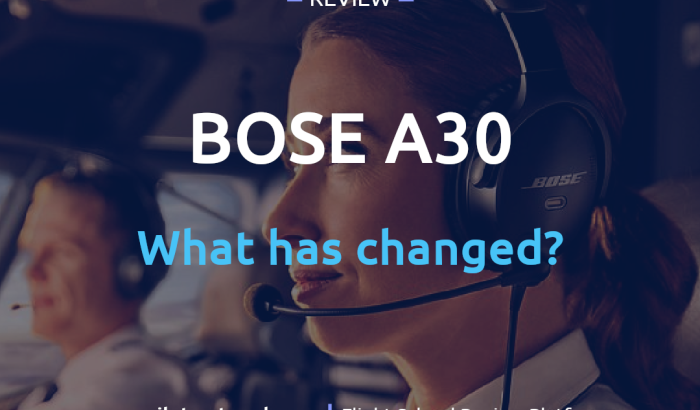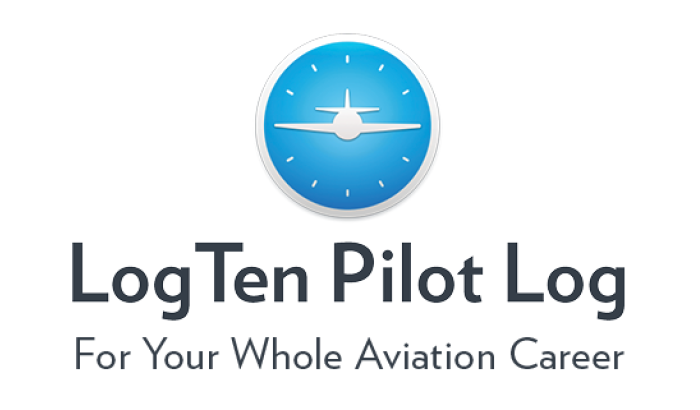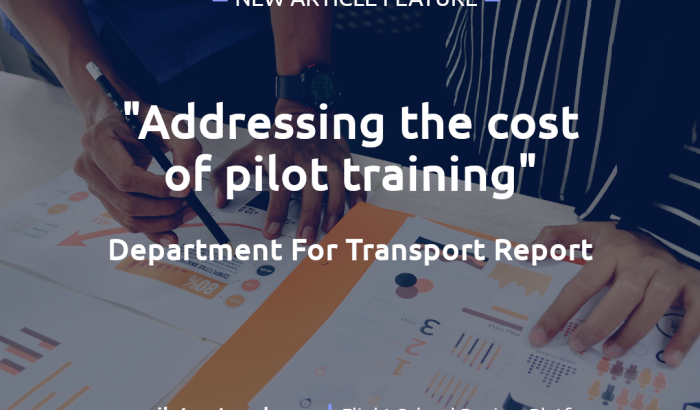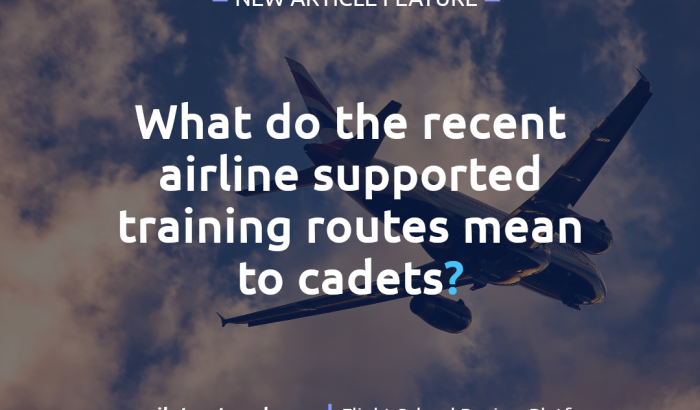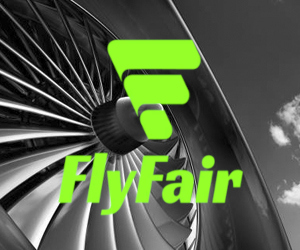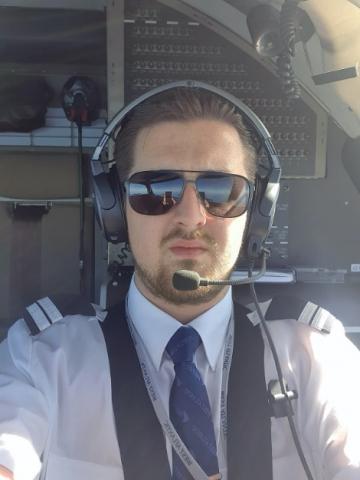
Hello and welcome to the latest Pilot Network Q&A. In this edition, we are delighted to have George Polley, who is a Senior First Officer on the ATP, with West Atlantic, having started his commercial flight training at just 18 years of age. George will talk about his journey so far, from how he got into aviation as a young boy, to flying cargo throughout the Covid pandemic!
How did you get into aviation?
As a young boy I would regularly travel abroad for holidays and to visit long distance friends and family. By the age of 10 I had traveled to all the different corners of the globe. Later on down the line I looked at different subjects to take for my GCSE’s and realised I did not want to work a regular office job in London like many of my peers were heading towards. I realised that I would enjoy travel and working in different scenarios, so I started to research different ways I could become a pilot and travel the world doing it.
I spoke to my careers advisor in school about how I would become a pilot, she had no information and struggled to find appropriate schools on the internet. I then searched the Internet for hours trying to find information on courses to study and what schools would take me. When I started my research there was no such review and information website such as Pilot Network, I had to go on forums and separate school websites to find information and prices.
Where did you train and how was it?
I started my training at Flying Time Aviation in which I undertook an integrated course which took me from 0 experience to a full pilots licence. My school gave me the option to complete my initial training in Teruel in rural Spain, where I learned how the basics of flying and aerodynamic controls worked. Learning to fly an aircraft in a different country had its pros and cons, for example the airspace was very quiet which gave me stepping stones to build my confidence with the aircraft and the navigations I was doing building up to my 300 mile cross country.
I returned from Spain with over 50 hours flying experience and the confidence to proceed on to my other phases of training. The hardest part of my training was the 14 ATPL exams which I needed to score 85% or more in to obtain my licence. I managed to spread my exams out over a year, so I could maintain a high standard of flying skills while learning countless facts and figures needed to pass my exams. During my training I realised that students that opted to fly solely in the UK had gained an advantage in using the radio as they had been slowly learning from day 1. If I was to recommend someone looking to be a pilot I would tell them to train in the Uk as they would be able to learn important skills and lessons from day 1.
To sum up my experience at flight school I would say that I enjoyed all of the flying and learning about technical components. I would think about joining at a young age because it gave me the edge in learning and progressing my knowledge into the exams. But the best part for me was flying the twin engined aircraft. I felt, which was the Diamond DA42 for me. It felt like I had finally made it and was progressing to where I wanted to be in life.
Tell us about your current Job
I am currently a Senior First Officer on the ATP with West Atlantic, I have been operating with them for 2 years. We operate charters and contracts all across the United Kingdom and Europe. My Type rating was special as it was my first one, with only 1 simulator for the ATP I had over 40 hours in the simulator to come to terms with the systems at hand. Line training was another obstacle to overcome, which consisted of 40 sectors with a line training captain with my first sector being Cologne-Katowice with a plane full of Amazon parcels!
Everyday I turn up to work loving what I do for a ‘Job’. Some of my favourite things to look out for is the early morning sunrise as we depart through the turbulent layer of clouds. The Captains and I always laugh about what the teachers at school used to say, which was; “No one will pay you to look out of the window all day”. If only they could see what we see everyday, the constant cities we fly over and the snowy peaks of the Alps from 25’000ft!
Some of my favourite routes are: Stansted to Bucharest, this was flying a 767 landing gear to a collared aircraft on the ramp. And my all time favourite East Midlands to Athens carrying a set of aircraft hydraulic jacks, which took 7 hours 11 minutes with a 65kts headwind all the way, to this day my longest flight to date.
What have you learnt from your experience so far?
I have learnt a lot of things in my short time in the industry, but the most important one is that nothing happens fast in an aircraft. You may be flying at 300 kts and descending at 1500ft a minute, but in reality you have a lot more time than you think. I have had warnings arise in the cockpit a few times and one thing we are taught is to ‘Sit on your hands and think about it’. One of the most dangerous scenarios is a pilot that is quick to press buttons when they don’t know the scenario correctly. As pilots/ future pilots we have a higher amount of calculated risks in our life and it is our job to make sure this does not become out of control or unsafe.
How has the pandemic impacted your flying?
Covid-19 was a major wound in the airline industry, but luckily enough for myself and colleagues, we were on the stable side of aviation, which is air freight. Although times have been tough for us, we managed to continue flying throughout all of the lockdowns.
As covid grew and grew and the general population continued to isolate they were ordering a lot of online products from Amazon/Ebay etc. This benefitted the freight industry as it saw the loads go through the roof - approximately 200%. The down side to Covid, for the freight pilots, was the relentless Covid test and travel requirements, from travelling country to county. For an extended amount of time we were required to isolate ourselves in the hotels every day until we were due to depart the country again. This didn’t just put a strain on our physical health, but also our mental health. This is why we kept our morale high and made sure we exercised our mind as well as our body, which is vital in this industry and throughout your career.
Now that more airlines are acquiring freighter aircrafts, the profit margins will eventually return to normal and with the UK's airline industry steadily picking up again, I hope to see room for growth for all of the pilots past and present.
What are your tips for future pilots?
I have listed some tips that I would have loved to know before I started my training.
- Be flexible with training, it may not be the price it states on the tin, so do your research and ask questions to your flight school so you can prepare a budget.
- Use pilot training review sites, such as Pilot Network, to aid decision making. You will get the best impartial and transparent insight into the schools from feedback and reviews from people that have been there and done it.
- Prepare yourself and talk to airlines about future opportunities that they are expecting, there will always be a need for pilots but the demand varies with the industry, communicate with people within the industry and try to find the best deal for you. Networking can be useful.
- A lot of schools will offer more expensive courses because they have partnered with an airline, but most of these partnerships do not exist any more so do not rely on the school website for info.
- Keep your head down and focus on training, but also remember it's important to have some down time and recharge the mind and body.
Well that certainly is a great insight into your journey and career so far, George. I am sure that your words of advice will help many aspiring pilots and your experiences keep them motivated to join you up there in the skies. Thank you again for speaking with us, it’s been a pleasure. It’s nice to see that during the whole pandemic, there have still been pilots flying throughout and hopefully as the pandemic eases off, flying can get back to normality more and more! We at Pilot Network wish you all the best with the rest of your career, for many more years/decades to come!
Thank you for reading.
The Pilot Network Team
TROMSO, November 2020
Crossing the Alps at 25,000ft.




